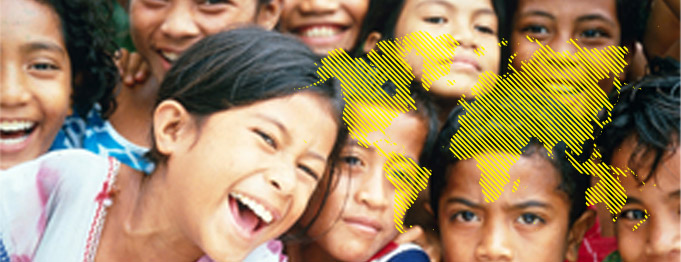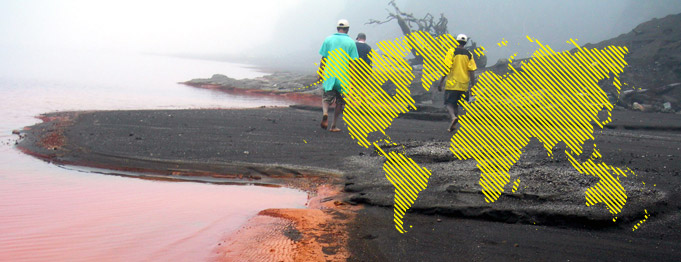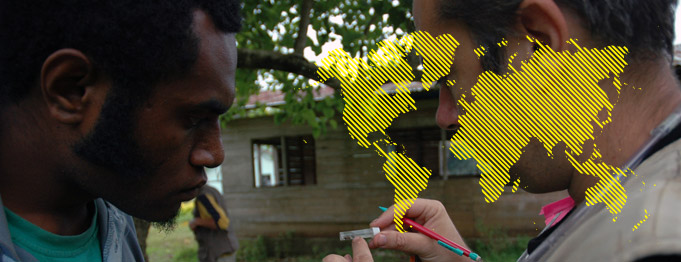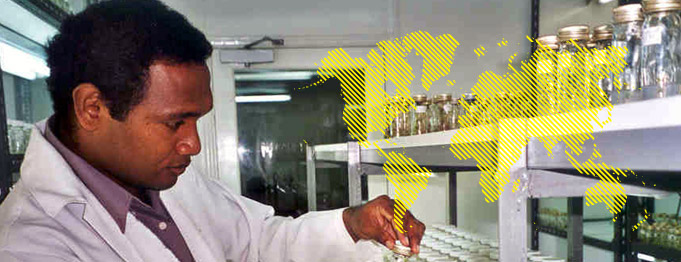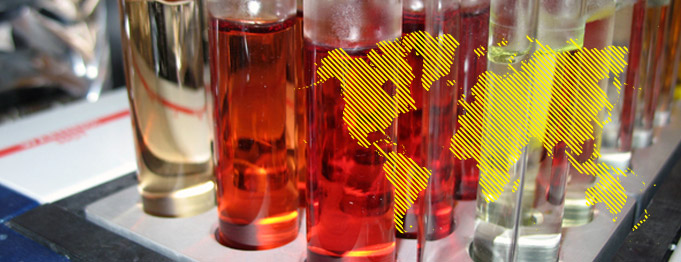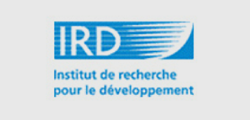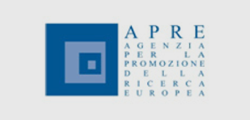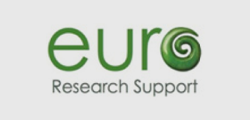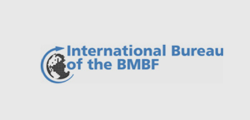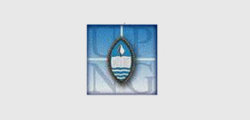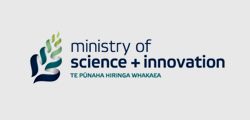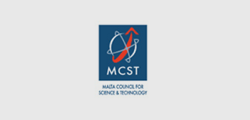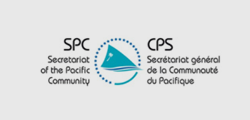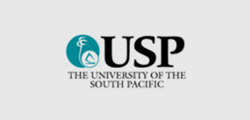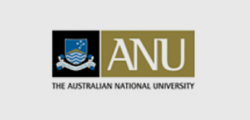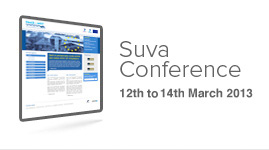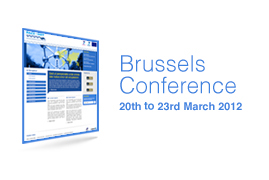French and Kiwi scientists say “oui!”
French and Kiwi scientists say “oui!” to stronger scientific cooperation in the South Pacific
Next week, in New Caledonia, representatives from NIWA and French science agency GOPS will join forces to sign a significant agreement for closer scientific collaboration in the South Pacific region.
GOPS is the short name for the Grand Observatoire de L'environnement et de la Biodiversité Terrestre et Marine du Pacifique Sud. In English that translates to South Pacific Integrated Observatory for Environment and Terrestrial and Marine Biodiversity.
GOPS works to coordinate and support robust environmental research by 17 universities and research organizations of France and French overseas territories present in the Pacific to observe and monitor environment, ecosystems and biodiversity affected by environmental changes and human pressure and to help underpin sustainable development, conservation and effective management of natural ecosystems. Created in 2009, GOPS provides an integrating mechanism to increase French and European Union environmental science support to the South Pacific as well as to facilitate local and international scientific partnerships.
The Pacific region faces ever-increasing challenges around the sustainable management of marine and land ecosystems, increasing populations, urban development and community and economic vulnerability to natural hazards. It must adapt to the impacts that climate and global economic change will increasingly cause. In this context, the need for sound, evidence-based information to enable effective decision-making is critical.
New Zealand and NIWA have a long history of working with our Pacific Island partners to help understand and address these challenges, and in contributing to good, sustainable development outcomes for the region.
NIWA’s French ‘Kiwi’ Principal Scientist Geoffroy Lamarche and colleague Bernard Pelletier from Institut de Recherche pour le Développement (IRD) in Nouméa have been central to facilitating the relationship and contract between the organisations.
Dr Lamarche says, “Our ties with all nations in the Pacific are strong, as are our ties with the French research community working in the region. This agreement is a natural extension of that relationship, building on what has gone before, to realise increasing benefits for the countries and territories of the Pacific”.
NIWA and GOPS share many areas of mutual science interest. These include marine ecosystems, natural hazards, climate variability and change, water quality, resource management and marine and freshwater biodiversity and biosecurity. They share the view that evidence-based understanding of the challenges facing these areas is critical to underpin robust, sustainable development outcomes.
The signing of this agreement between GOPS and NIWA will enable a large community of researchers to benefit from the sharing of considerable data, knowledge and expertise, says Dr Pelletier.
“A good example of the collaboration bewteen NIWA and IRD is our ongoing work to define tsunami hazard zones in Wallis and Futuna. This is to be used to inform land-use planning and develop emergency evacuation routes and procedures within these islands. Both NIWA and IRD brought different datasets and skills which, when combined, enabled a much better outcome for Wallis and Futuna.”
The signing ceremony will be hosted by the New Zealand Consul General to New Caledonia, French Polynesia and Wallis and Futuna, Linda Te Puni, at the New Zealand consulate in Nouméa.
NIWA’s General Manager of Strategy Bryce Cooper will sign the MOU with Michel Laurent, President of IRD, one of the partners and at the initiative of GOPS, in the place of the President of GOPS Steering Committee, Jean-Charles Pomerol from University Pierre and Marie Curie (Paris VI).

